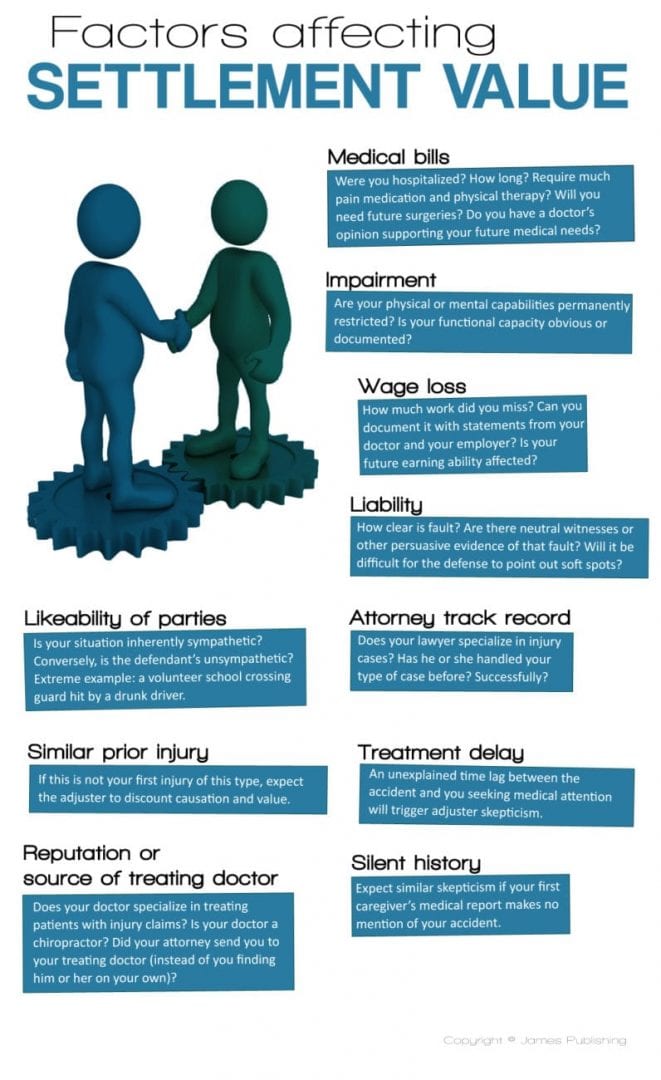Navigating Landlord-Tenant Regulation: Insights Genuine Estate Lawyer
Navigating Landlord-Tenant Regulation: Insights Genuine Estate Lawyer
Blog Article
Article Writer-Pike Walker
When it concerns landlord-tenant law, knowing your rights and obligations is crucial for both parties. You may think you have a solid understanding on the essentials, but there are frequently nuances that can capture you off-guard. Whether you're a property owner managing a home or a lessee looking for a stable home, understanding the legal landscape can make all the difference. What may surprise you are the intricacies associated with navigating disagreements and eviction processes.
Understanding Lessee Legal Rights and Responsibilities
When you rent a residential property, it's essential to comprehend your legal rights and responsibilities as a renter. You can a risk-free and habitable living setting, indicating your property owner has to preserve important services like heating, plumbing, and power.
You're likewise qualified to personal privacy; landlords typically need to give notice before entering your system.
On the other hand, you're responsible for paying lease on schedule, maintaining the property tidy, and not triggering damage past normal wear and tear.
Familiarize yourself with your lease contract, as it outlines particular rules and obligations. Understanding these aspects not only protects you however additionally cultivates a positive partnership with your proprietor.
Stay informed, and you'll browse your occupancy better.
Secret Property Manager Obligations and Lawful Factors To Consider
While you may know your rights as a lessee, it's equally important to recognize your property owner's commitments.
Landlords need to provide a secure and habitable living setting, making sure that vital systems like home heating, plumbing, and electrical energy remain in working order. They're also in charge of making necessary repair work immediately and sticking to local building regulations.
In addition, property managers must value your personal privacy by giving appropriate notification before entering your unit, normally 24 hours. They need to handle down payment according to state regulations, consisting of returning them promptly after you vacate, minus any type of lawful deductions.
Understanding these obligations can help you preserve a favorable connection with your property manager and guarantee your living scenario fulfills lawful requirements.
Browsing Conflicts and Expulsion Procedures
Disagreements in between property owners and occupants can occur suddenly, making it crucial for you to comprehend the processes associated with fixing them.
Initially, https://click4r.com/posts/g/20527594/insights-right-into-the-realty-closing-process-when-working-with-a-leg is essential-- try to talk about concerns directly to find a compromise. If that fails, familiarize yourself with your local legislations concerning disagreements and expulsion. Document every little thing: keep documents of communications, repayments, and any violations.
If eviction comes to be required, guarantee you adhere to the legal actions required in your area, which usually includes providing composed notification and a specific timeframe for resolution.
Be prepared to go to court if the circumstance rises, maybe your only option. Understanding these processes will assist you navigate conflicts better and safeguard your civil liberties as either a property manager or renter.
Conclusion
In summary, understanding landlord-tenant legislation is essential for both events involved in a rental agreement. By understanding your rights and obligations, you can foster a better living atmosphere and prevent conflicts. If Highly recommended Internet site occur, remember that a real estate legal representative can help lead you via the complexities of eviction procedures and lawful obligations. Staying informed and proactive will certainly guarantee a smoother rental experience, whether you're a property owner or a renter.
